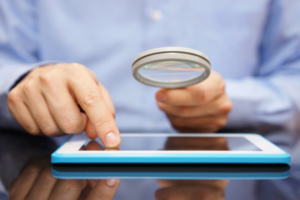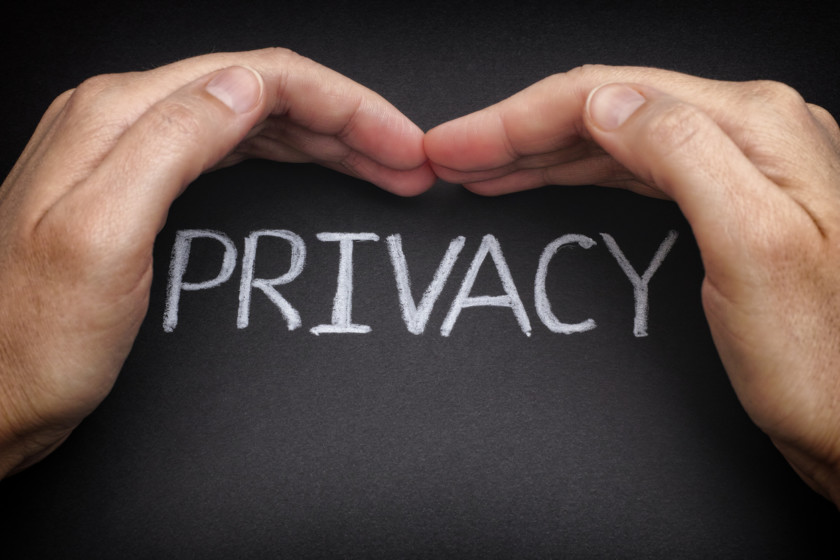Every app you download tracks your personal information. By simply having apps on your phone, you submit to a loss of a certain degree of privacy. But there are ways to minimize that.

First, you need to know just how much information an app wants. If an app is free, that likely means it wants to mine your personal information for advertisers. This is all too common – “Brightest Flashlight,” a free flashlight app would ask for access to calendars or to photo galleries and then sell that information to an undisclosed third party. The FTC cracked down on the app makers in 2013, but with other questionable apps, the best solution may be to download a different app.
Even Facebook, one of the most commonly downloaded apps, takes its users likes and posts and sells them to advertisers. This information is at least protected within the Facebook app, but other apps are not so protective.
Here are four ways you can guard your personal information from mobile apps.
1. Change privacy settings.
iPhone users can protect their privacy by going to iOS settings and turn off permissions to data tracking when the app is not in use. This will also increase battery life.
2. Check disclosures.
See if your app has a privacy policy. Check to see if it will encrypt the data it collects. Even if you won’t bother to read the whole thing, a privacy policy’s presence makes a big difference to whether you can trust the app.
3.Use apps that maximize your privacy.
Signal is a messaging app that encrypts texts and voice calls. DuckDuckGo is a search engine that does not collect any information. Apps like these do not share information unless legally bound to do so.
4. Get rid of unnecessary apps.
Update all the apps you use frequently and delete apps you don’t use. Sometimes security can be as simple as that.
Post via Slate.


